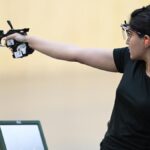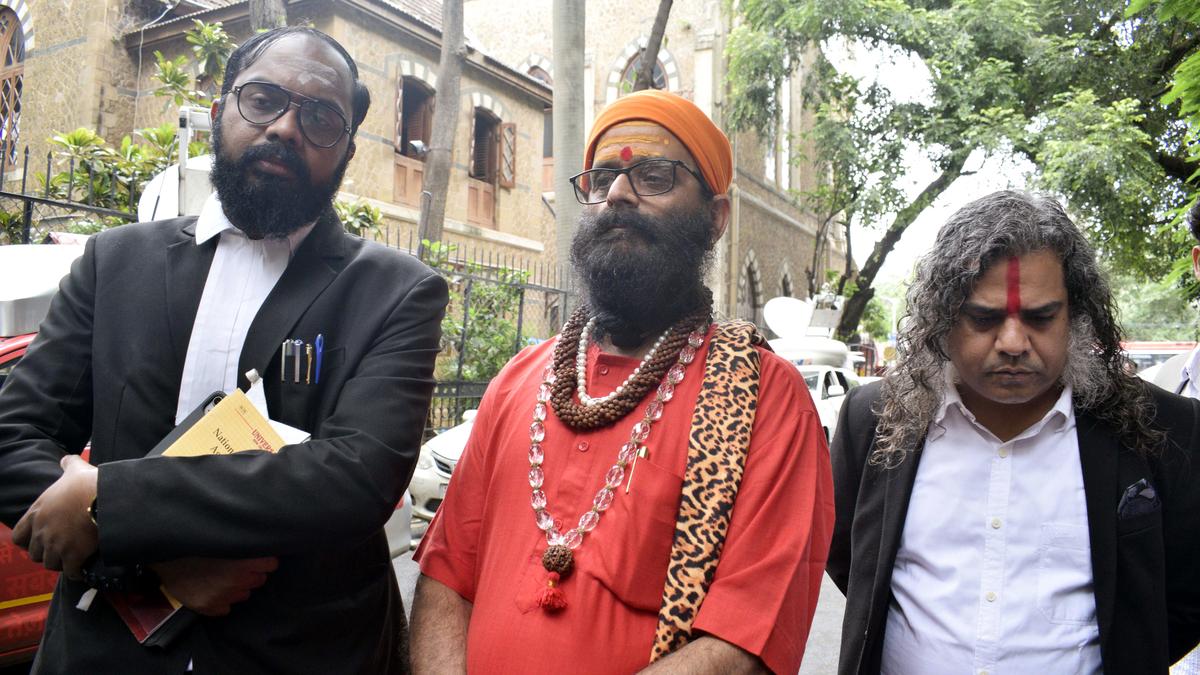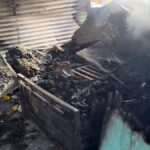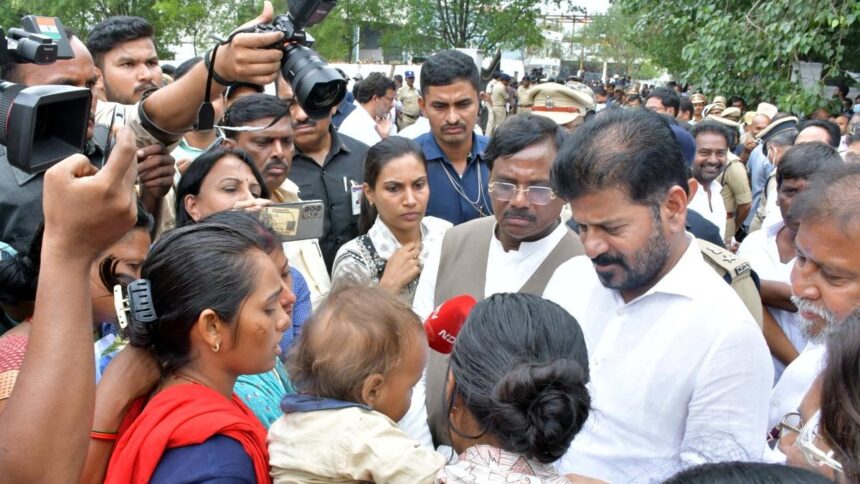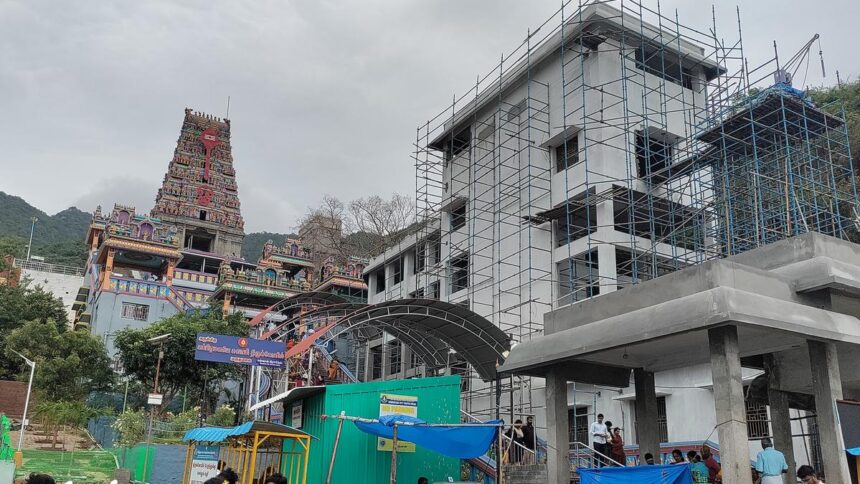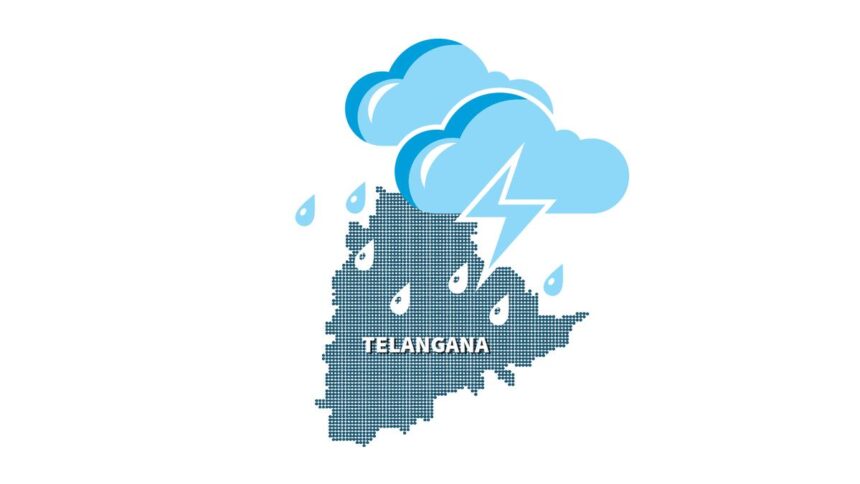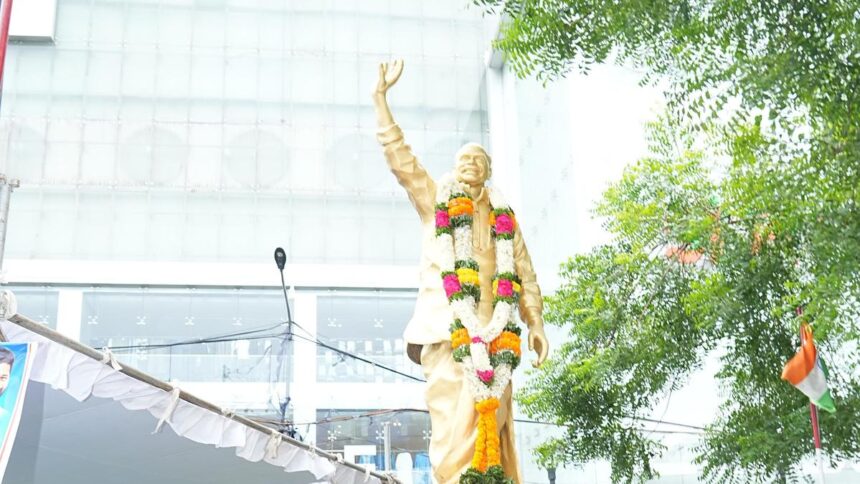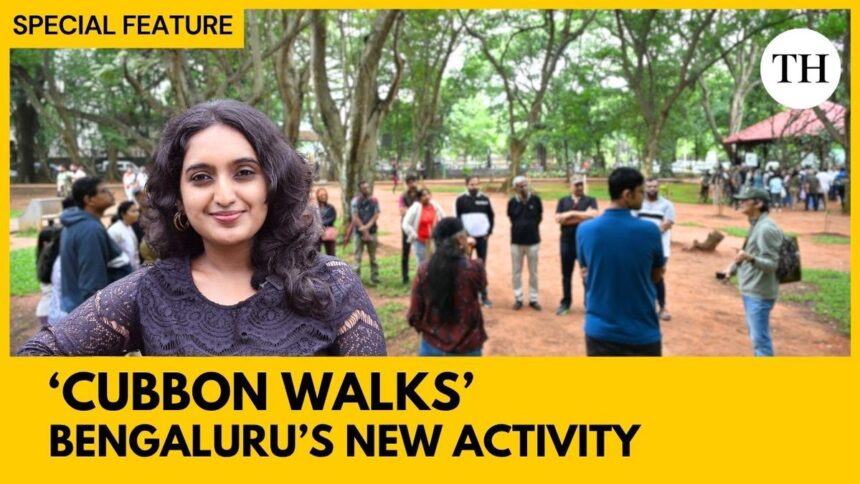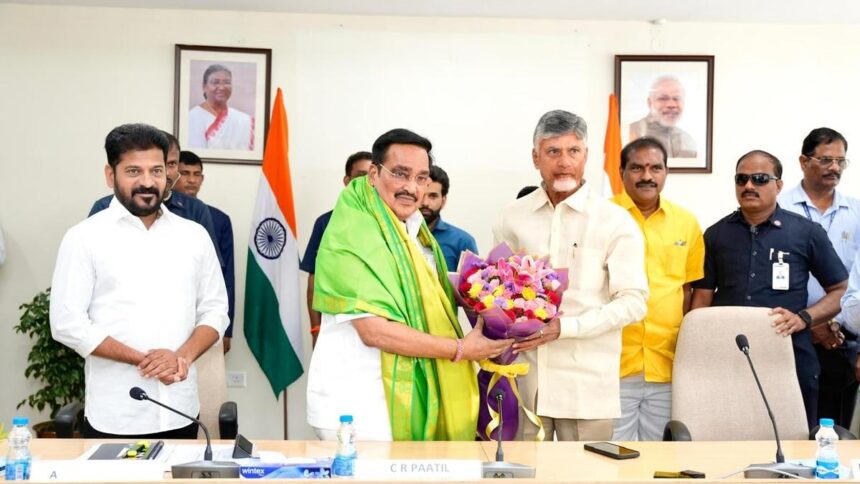Seventeen years after a powerful blast shook the communally sensitive town of Malegaon in Maharashtra, a special NIA court in Mumbai has acquitted all seven accused in the 2008 blast case, sharply criticising the National Investigation Agency (NIA) for presenting what it called “inconclusive,” “unreliable,” and “legally inadmissible” evidence.
In a 1,036-page judgment that was delivered on July 31 and made available on August 1, evening, Special Judge A.K. Lahoti observed that the prosecution failed to prove the charges beyond reasonable doubt and dismissed the alleged terror conspiracy attributed to the right-wing outfit Abhinav Bharat.

“Upon a comprehensive evaluation of the entire evidence available on record, I am of the considered view that the prosecution has failed to adduce cogent, reliable, and legally acceptable evidence. The testimony of prosecution witnesses is riddled with material inconsistencies and contradictions. Such discrepancies undermine the credibility of the prosecution’s case and fall short of establishing the guilt of the accused beyond reasonable doubt,” the order said.
The court further said, that the accused Pragyasingh Chandrapalsingh Thakur, Major Ramesh Shivji Upadhyaya, Sameer Sharad Kulkarni, Ajay Raja Eknath Rahirkar, Lieutenant Colonel Prasad Shrikant Purohit, Sudhakar Dhar Dwivedi and Sudhakar Onkarnath Chaturvedi are hereby acquitted of the offences punishable Sections 120-B, 153-A, 302, 307, 326, 324, 427 IPC and sections 16 and 18 of Unlawful Activities (Prevention) Act, 1967 and Sections 3, 4, 5, 6 of the Explosive Substances Act,1908 vide section 235(1) of the code of criminal procedure, 1973.
“Bail bond of accused persons stand cancelled. The sureties stand discharged. The prosecuting agencies are at liberty to file a separate charge-sheet against the absconding accused Ramji Kalsangra and Sandeep Dange on their arrest. All the Muddemal including gadgets shall be preserved in safe and sure custody. It should be ensured that all the Muddemal would be made available whenever called by the Appellate court or needed for trial against absconding accused or disposal as per the rules,” the judgement said.

The accused persons are directed to execute the bail bonds with surety in the amount of ₹20,000 each to appear before the higher court in compliance of section 437-A of the code of criminal procedure, 1973. The copy of the judgement is also to be sent to collector, D.G. of ATS and NIA for perusal and necessary action, the judge directed.
The victims and injured are entitled to get compensation under the victim’s compensation scheme. “And hence, the prosecuting agency to prepare the separate victims / injured list and shall be forwarded to DLSA Mumbai, for compensation. After receipt of the said list, the DLSA, Mumbai to take the necessary steps to get the compensation to the victims. The compensatory amount of Rs. Two Lakh to each deceased family be paid and the amount of Rs.50,000/- to each injured be paid,” the order said.
On September 29, 2008, during the holy month of Ramzan, a powerful bomb explosion rocked a crowded area in Malegaon around 9:35 p.m. The blast occurred near Shakeel Goods Transport Company, between Anjuman Chowk and Bhiku Chowk. The explosive device had been planted on an LML Freedom motorcycle bearing a fake registration number — MH-15-P-4572. The explosion killed six people, left 101 injured, and caused significant damage to nearby properties.

The prosecution examined a total of 323 witnesses over the course of the trial. The investigation spanned across three agencies over the years: the Local Crime Branch (LCB), Nashik Gramin, in coordination with Azad Nagar Police Station, Malegaon; the Anti-Terrorism Squad (ATS), Mumbai; and later, the National Investigation Agency (NIA), New Delhi, which took over the case in 2011.
The judge while reading the judgement on July 31, said, “After completion of marathon hearing advanced by them, I have gone through written notes of arguments, charge-sheets and entire evidence on record in the form of oral and documentary. In the backdrop of the facts, it is also necessary to mention that the evidence on record creates grave suspicion against the accused but on mere suspicion there cannot be a conviction. Hence, I am extending the benefit of doubt.”
The court, while analysing the credibility of witness testimonies, emphasised that statements recorded under Section 161 of the CrPC—whether oral, written, or in electronic form—are not substantive evidence. They can be used solely to highlight contradictions or omissions during a trial. For such statements to carry weight, the witness must clearly acknowledge them during their deposition. Moreover, the court must be convinced that the statement was made voluntarily, free from coercion, tutoring, or pressure. If these conditions are not met, the court noted, such statements lose evidentiary value and are liable to be discarded.
“Before I conclude, it is necessary to place on record the fact that, I am fully aware of the degree of agony, frustration, and trauma caused to society at large and, more particularly, to the families of the victims by the fact that a heinous crime of this nature has gone unpunished. However, the law does not permit courts to convict an accused solely on the basis of moral conviction or suspicion. No doubt, terrorism has no religion because no religion in the world preaches violence. The court of law is not supposed to proceed on popular or predominant public perceptions about the matter,” the judge said.
It further added, “It is a cardinal principle of criminal jurisprudence that the burden rests entirely upon the prosecution to establish the guilt of the accused beyond reasonable doubt, based on admissible and credible evidence. The more serious offence, the higher standard of proof required for conviction. Admittedly, in the present case there is no reliable, cogent and acceptable evidence on record, as discussed supra, to warrant the conviction.”
The court noted that most witnesses turned hostile, stating during their testimony that their earlier statements were not given voluntarily but were dictated under coercion by ATS officers. Several also alleged torture, ill-treatment, and illegal detention during the investigation. While no formal complaints were filed against the officers, the court held that this alone could not be used to discredit the witnesses. It observed that the absence of complaints does not negate the possibility of coercion, as decisions to report misconduct often depend on factors such as fear of retaliation, psychological trauma, and lack of confidence in the system.
“Moreover, it emerges from the evidence of witnesses that certain witnesses have demonstrated courage and filed complaints against ATS personnel, specifically alleging acts of torture, harassment, and illegal detention. In addition to it, the several facts are admitted by the investigating officer of NIA PW-321 (Dy.SP Anil Dubey) in his cross examination which also shows that, during the course of their investigation, it was transpired that, the ATS officers tortured, illegally detained not only to the some witnesses but also the accused. This underscores the credibility of such allegations,” the judge observed.
The court observed that two key agencies — ATS and NIA — carried out separate and independent investigations, each filing its own charge-sheet. However, allegations of torture, misconduct, and illegal detention were made solely against ATS officers, with no such claims against NIA personnel. This, the court noted, raises serious concerns about the conduct of the ATS and casts doubt on the credibility of the evidence it collected during its investigation.
“I have gone through the aforesaid citations. I have no doubt about the legal propositions laid down in the aforesaid citations. It is also necessary to mention that, mere filing or placing on record the number of citations would not be enough when facts are not supporting to the case of prosecution. With due respect, the facts of the present case are different than the facts mentioned in aforesaid citations and hence, in the present scenario of the case, the citations filed on record by prosecution would not helpful to them,” the order read.
The court noted that the prosecution failed to examine several material witnesses, whose names were referenced in specific portions of the judgment. While it is the prosecutor’s discretion to decide which witnesses to present, this discretion must be exercised fairly and in the interest of justice. The prosecution must not withhold witnesses merely because their testimony may weaken its case. In serious offences like murder, the prosecutor’s duty is not just to secure convictions, but to assist the court in arriving at the truth. The court added that if it appears that key witnesses were deliberately kept back, it is open to the court to draw an adverse inference, indicating serious infirmities in the prosecution’s case.
The statements of key witnesses relating to the alleged conspiracy, meetings, or other incriminating circumstances have not sufficiently supported the case of the prosecuting agency. While there may be strong suspicion against the accused, mere suspicion cannot take the place of legal proof, the order said.
It is pertinent to note that the witnesses deposed after a considerable lapse of time from the date of the alleged incident, which has led to natural lapses in memory and narration, it added. “However, when contradictions, omissions, embellishments, and other infirmities in the testimony raise grave doubts regarding the veracity of the prosecution’s version, it would be unsafe for the Court to rely on such evidence. Though, the testimony of police witnesses suggest that they were consistent and meticulous in detailing the procedural aspect concerning the recording of statements, arrest and recovery of articles, but the overall evidence does not inspire sufficient confidence to warrant conviction.”



